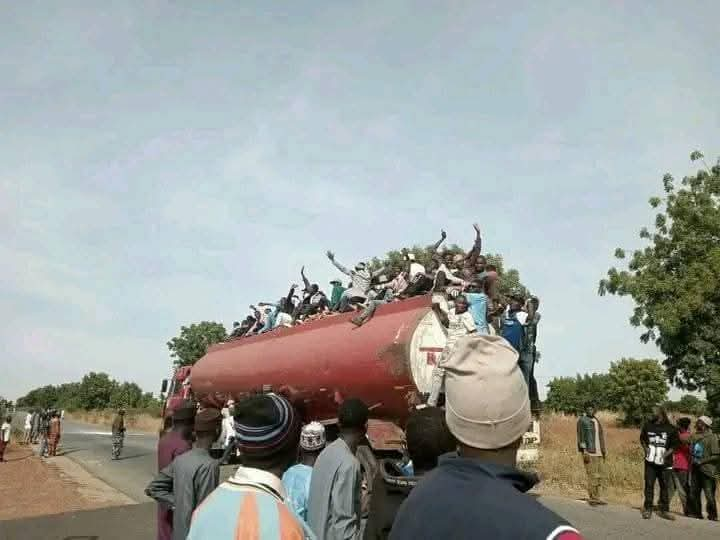During the administration of former President Goodluck Ebele Jonathan, Nigeria embarked on an ambitious educational reform, leading to the establishment of over eight new federal universities, including Federal University Dutsin-Ma (FUDMA) in Katsina State in 2011. This initiative aimed to expand access to affordable higher education, particularly in the northern region of the country, and address the issue of out-of-school children.
However, despite these laudable goals, evidence suggests that the establishment of Federal university Dutsi-Ma[FUDMA], and potentially other new federal universities, has not entirely achieved its intended objectives. Instead, students at these institutions face significant challenges, including security threats, unreliable electricity supply, and severe transportation difficulties.
Reports indicate that students often resort to perilous modes of transport, such as jumping onto moving trucks and trailers, to travel the considerable distances between the university and nearby towns. Tragically, in one instance, a student lost their life while traveling to their final exams. This incident brings to bare the severe risks faced by students and underscores the urgent need for improved infrastructure and support services.
Data collected from students indicates that the recent surge in fuel prices (PMS) has significantly increased transportation costs, posing a major challenge for students across the country, particularly in remote locations like FUDMA.
The remote location of the permanent site, situated over 24 kilometers from the town, significantly contributes to these hardships. This distance poses significant logistical challenges for students, impacting their academic progress and overall well-being.
The government has a fundamental responsibility to ensure that students have access to a conducive learning environment. Addressing the critical issue of transportation at FUDMA and other similarly situated institutions should be a top priority.
The current government, under President Bola Ahmed Tinubu, has introduced the use of Compressed Natural Gas (CNG) across the country, a safer, cheaper, and more reliable alternative to petrol and has commenced the distribution of CNG buses to various sectors, including unions,Transport workers and the civil service.
It will be of greater good if the Federal Government invests in reliable and safe transportation options, improving road infrastructure, and exploring alternative solutions like Free CNG Buses to various Universities to enhance student mobility.




